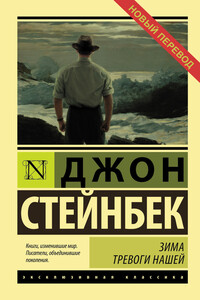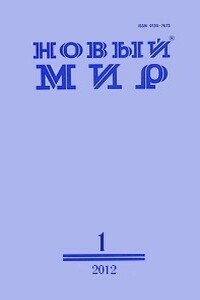Once there was a war | страница 50
There is a great difference in the ordinary preparation of vegetables by the English and by us. The English usually boil their vegetables to a submissive, sticky pulp, in which the shape and, as some say, the flavor have long since been overcome. Our cooks do not cook their vegetables nearly so long, are apt to like them crisp. The English do not use nearly as many onions as we do and they use practically no garlic at all. The little gardens are a kind of symbol of revolt against foreign methods.
For example, the average English cook regards a vegetable with suspicion. It is his conviction that unless the vegetable is dominated and thoroughly convinced that it must offer no nonsense, it is likely to revolt or to demand dominion status. Consequently, only those vegetables are encouraged which are docile and capable of learning English ways.
The Brussels sprout is a good example of the acceptable vegetable. It is first allowed to become large and fierce. It is then picked from its stem and the daylights are boiled out of it. At the end of a few hours the little wild lump of green has disintegrated into a curious, grayish paste. It is then considered fit for consumption.
The same method is followed with cabbage. While the cabbage is boiling it is poked and beaten until, when it is served, it has given up its character and tastes exactly like brussels sprouts, which in turn taste like cabbage. Carrots are allowed to remain yellow but nothing else of their essential character is maintained.
No one has yet explained this innate fear the English suffer of a revolt of the vegetables. The easy-going American attitude of allowing the vegetable a certain amount of latitude short of the ballot is looked upon by the English as soft and degenerate. In the American gardens certain English spies have reported they have seen American soldiers pulling and eating raw carrots and turnips and onions.
It is strange to an American that the English, who love dogs and rarely eat them, nevertheless are brutal with vegetables. It is just one of those national differences which are unfathomable.
THE SHAPE OF THE WORLD
LONDON, July 16, 1943—This is no war, like other wars, to be won as other wars have been won. We remember the last war. It was a simple, easy thing. When we had destroyed the Kaiser and a little military clique, the evil thing was removed and all good things came into flower. It was not so, but the war was fought on that basis by troops who sang and then ran home for the millennium.





